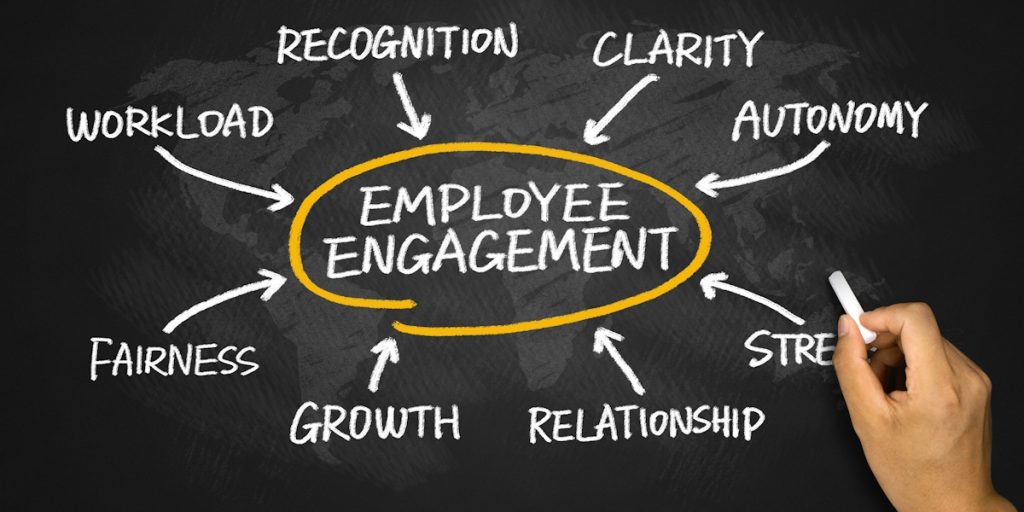High salaries might seem like the most effective way to keep employees loyal. Many organizations increase compensation in hopes that it will prevent their top talent from leaving. It’s easy to assume that a bigger paycheck equals stronger loyalty. However, the reality is far more nuanced. The best employee retention strategies show us that salary is only one part of the larger equation. It might attract talent initially, but it doesn’t necessarily inspire them to stay long-term.
The topic of employee retention reveals that money often comes second to factors like purpose, recognition, growth, and balance. When these essential needs go unmet, even the most competitive compensation packages won’t convince people to stay. This blog explores why that is and what employers can do to build lasting loyalty in their workforce.
Why High Salaries Alone Don’t Work
The Psychological Gap Between Money and Meaning
People want to feel that their work matters. A high salary might meet basic needs and offer temporary satisfaction, but it doesn’t bring a deeper sense of fulfillment. When employees don’t feel aligned with a company’s values or purpose, their interest fades—even if they’re well-paid. Emotional connection and meaningful work play a much larger role in long-term satisfaction.
When people wake up in the morning, money is rarely the primary motivator for heading to work. Most employees crave impact. They want to contribute to something bigger, something worthwhile. A generous paycheck without a fulfilling role creates a gap—one that can’t be filled with financial incentives alone.
Limited Impact on Employee Engagement
High salaries may increase initial motivation, but they don’t guarantee sustained engagement. Engagement comes from feeling valued, challenged, and supported. An employee might be financially comfortable but mentally checked out. If they don’t feel their work is appreciated or their ideas matter, they will eventually disconnect.
Employee engagement is one of the strongest indicators of retention. Engaged employees are more productive, more committed, and more likely to go the extra mile. Companies that ignore this factor often face high turnover rates, despite paying above-market salaries. This is why employee retention strategies need to go far beyond compensation.
What Actually Keeps Top Talent
Career Development Opportunities
One of the biggest reasons people leave their jobs is the lack of growth. Employees want to feel like they are progressing in their careers. Offering training programs, mentorship, clear promotion paths, and chances to take on new challenges creates a sense of forward motion. When people believe they have a future with a company, they’re more likely to commit to it.
Career development is not just about promotions. It’s also about learning new skills, gaining confidence, and having leaders who support professional growth. Without these, employees may feel stuck, even if they’re earning a great salary. The best companies are those that help people grow where they are, not just where they hope to be.
Work-Life Balance Initiatives
Employees today care deeply about balance. They don’t want work to consume their personal lives. Employers who respect this by offering flexible work hours, remote options, mental health support, and paid time off show that they value people over profit.
When people feel supported both inside and outside the workplace, they are happier and more loyal. Poor balance can lead to burnout, stress, and eventually resignation. On the other hand, supportive environments that prioritize wellness create teams that stay longer and perform better.
Recognition and Appreciation
People want to be seen. They want to know their work matters. Recognition—whether it’s a simple thank-you, a shout-out in a meeting, or a formal reward system—goes a long way. When employees feel invisible, they’re more likely to disengage and consider other opportunities.
Appreciation makes people feel respected and valued. And this has a strong impact on employee retention. A culture that regularly recognizes efforts creates a sense of belonging. It builds morale, boosts motivation, and strengthens loyalty.
Building a Culture That Retains
Positive Workplace Culture
Culture isn’t just about office perks or fun events. It’s about how people are treated every day. A toxic work environment—no matter how high the salary—is a major reason people leave. On the other hand, a healthy culture built on respect, communication, and trust creates a workplace where people want to stay.
A strong culture encourages collaboration, supports innovation, and makes people feel safe to speak up. When employees feel like part of a community rather than a number on a spreadsheet, their sense of commitment grows naturally.
Skills-Based Hiring and Retention
Hiring the right people is the first step, but retaining them requires thoughtful planning. Skills-based hiring focuses on what a person can do, not just their degrees or past job titles. When employees are placed in roles that match their strengths, they feel more confident and capable.
This approach also allows for greater mobility within the company. When employees know their skills are recognized and valued, they’re more likely to grow with the organization rather than look elsewhere.
Rethinking Retention Strategies
Retention doesn’t begin and end with a paycheck. While fair compensation is important, the most effective employee retention strategies look at the full employee experience. People want to feel appreciated, empowered, and aligned with their workplace. They want growth, balance, and a sense of purpose.
If your company is struggling to hold on to top talent, it might be time to reevaluate your strategy. Focus less on how much you’re paying and more on how you’re supporting, developing, and recognizing your people. That’s where real loyalty begins.
Learn more about how employee retention drives company growth and how you can build stronger teams for the future.
Why High Salaries Not Enough To Keep Your Best Employees?




